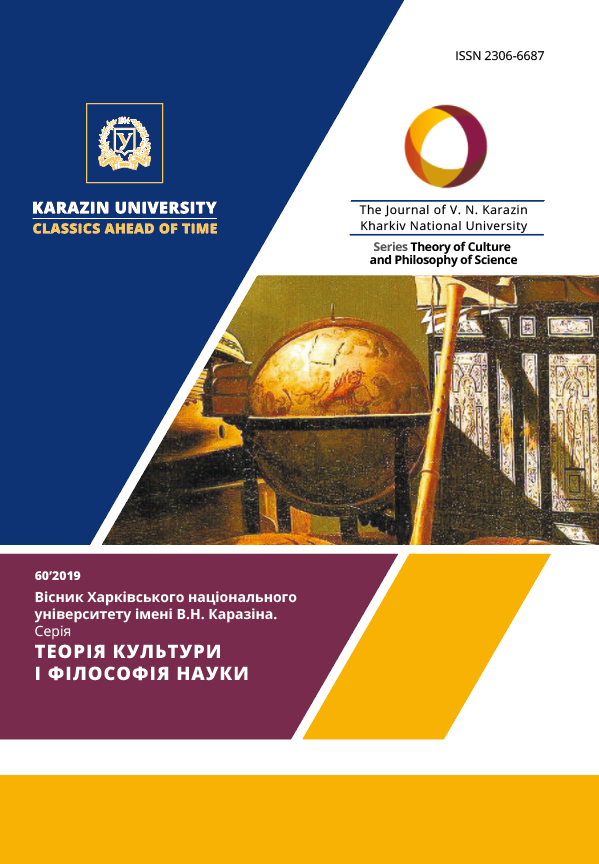MYSTICISM AND POLITICS IN THE ANCIENT GREEK AND CHINESE PHILOSOPHIC PARADIGMS
Abstract
The aim of the article consists in comparativistic anlysis of mystical and political theories and practices in frame of the ancient greek and chinese philosophic paradigms. Philosophy as a science pretends to exceed from some self-obvious moments that are nevertheless different in context of different cultures. One can point out accordingly five paradigms: indian, chinese, ancient greek and roman, abrahamic, modern scientific. The chinese paradigm can be reduced to two moments: oitlook organismism and aphoristic character; the ancient greek is considered as a spiritual practice (in that it differs from sophistics) and whose aim consists in attaining happyness in the hostile world. Openness and the agon spirit of the polis culture demand clear logical argumentation that determined the key peculiarity of the antique and later abrahamic (partially) and modern scientific philosophic paradigms.
The essence of the mystical lies in that can be experienced only in direct experience that is impossible to be explained to those who had never this experience. Politics is defined as an art of governing either a state or any groups of people in wider understanding. Mysticism and politics are things opposite to each other – the more of the one the less of the other and vice versa.
Comparativistic analysis demonstrates us mutual interconnection between the type of socio-cultural system and means of representations of the political and mystical. If the polis culture of Ancient Greece with its spirit of agon demanded logic and rhetoric then it led to predominant rational type of representations of both the mystical and political that could be bound or not bound through the system of logical argumentation. That means the political is mainle independent on the mystical. In the chinese philosophy with its organismism, aphoristical character and stratagemas, that were means of exteriorization of the closed clan character of the traditional chinese society, all including politics is reduced to some vague mystery as Tao or Heaven that determine all the follow discourse, making it mainly irrational.
Downloads
References
Адо П. Що таке антична філософія? / пер. з фр. С. Йосипенко. Київ: Новий Акрополь, 2014. 428 с.
Білецький І. П. Логіка Конфуціанського дискурсу та філософія Імануїла Канта в контектсі сучасності. Вісник ХНУ імені В.Н. Каразіна. Серія «Теорія культури і філософія науки». 2019. № 59. С. 79–84.
https://doi.org/10.26565/2306-6687-2019-59-12
Білецький І. П. Математика як метод і як духовна практика. Вісник Харківського національного університету імені В.Н. Каразіна. Серія «Теорія культури і філософія науки». 2014. № 1092. Вип. 50. С. 104–111.
Жюльен Ф. Путь к цели: в обход или напрямик. Стратегии смысла в Китае и Греции / пер. с фр. В. Лысенко. Москва: Московский философский фонд, 2001. 360 с.
Лао-цзи. Дао де цзін / пер. з кит. Ж. Ліньов та Ян Хін-шун. Всесвіт. 1996. № 5-6. С. 118–133.
Маслов А. А. Китай: колокольца в пыли. Странствия мага и интеллектуала. М.: Алетейа, 2003. 376 с.
Платон. Держава / пер. з давньогр. Д. Коваль. Київ: Основи, 2000. 356 с.
Уилбер К. Око духа /пер. с англ. В. Самойлов. Москва: Издательство АСТ, 2002. 476 с.
Фэн Ю-лань. Краткая история китайской философии / пер. с англ. Р. Котенко. Санкт-Петербург: Евразия, 1998. – 376 с.
Шичалин Ю. А. История античного платонизма. Москва: Греко-латинский кабинет, 2000. 440 с.




